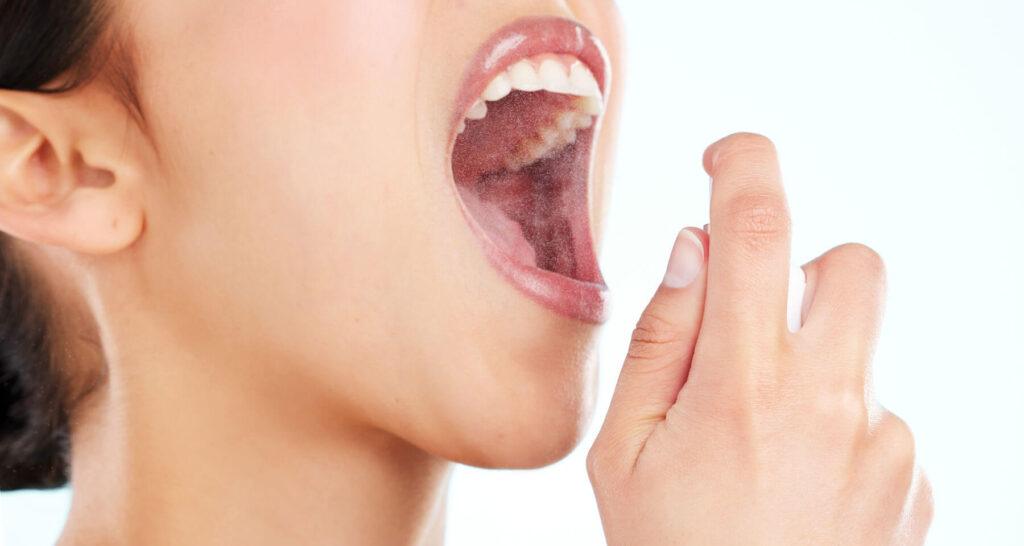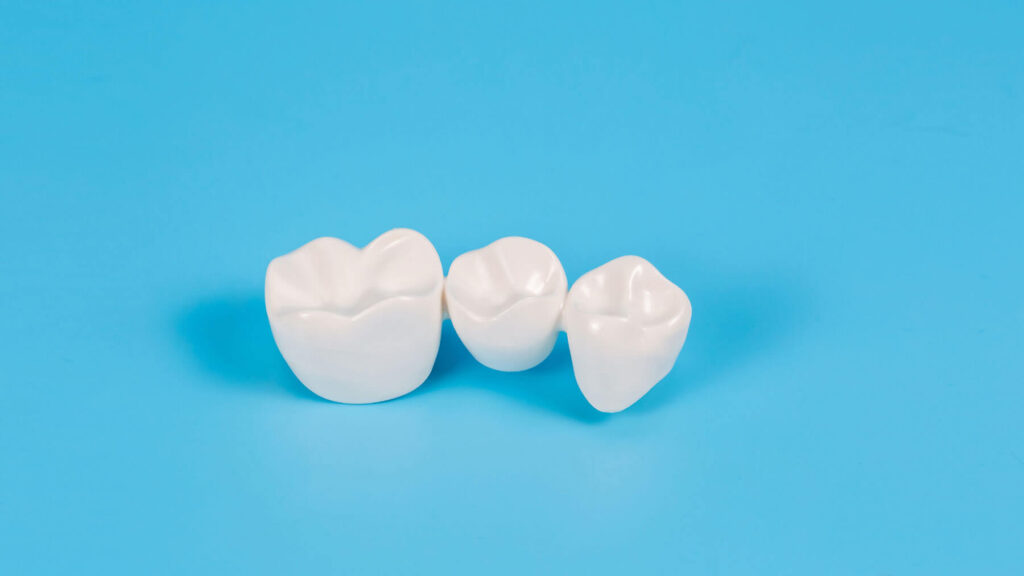If you’re trying to walk with a sensitive tooth, you usually can—and walking itself typically won’t damage your tooth. However, exercise can make sensitivity feel more noticeable, especially if cold air, dry mouth, or pressure-related pain is involved. Therefore, the real goal is to figure out what’s causing the sensitivity and how to reduce triggers while you stay active.

Walk With A Sensitive Tooth: Is Walking Safe?
For most people, gentle activity is safe. Still, sensitivity can flare during a walk because your body changes—your breathing, hydration, and even how you clench your jaw can shift. In other words, walking may “highlight” a problem that already exists rather than create a new one.
For a general overview of sensitive teeth and common causes, see the ADA’s MouthHealthy guide.

What Causes A Sensitive Tooth In The First Place?
Tooth sensitivity usually happens when enamel wears down or gums recede, exposing dentin. Dentin has tiny tubules that lead to the tooth’s nerve; as a result, hot, cold, sweet, or even air can trigger that quick, sharp jolt.
Common causes include aggressive brushing, grinding/clenching, acidic foods and drinks, gum recession, and sometimes a crack or cavity.

Walk With A Sensitive Tooth: When It’s More Than “Sensitivity”
It can—however, the reason isn’t usually the walking itself. These are the most common “activity triggers”:
- Cold air + mouth breathing: Cold air can hit exposed dentin; therefore, pain may spike on brisk walks.
- Dry mouth (dehydration): Less saliva can make teeth feel more reactive; moreover, dry mouth can increase irritation.
- Clenching during effort: Some people clench on hills or during stress; as a result, sensitive teeth may ache with pressure.

Quick Ways To Reduce Pain During A Walk
Here are easy adjustments that help many patients:
😮💨 Breathe through your nose when possible, so air warms before it hits your teeth.
🧣 Cover your mouth with a scarf or gaiter in cold weather; therefore, air feels less sharp.
💧 Hydrate before and after, and bring water on longer walks.
🪥 Use a sensitivity toothpaste consistently, not just once; results often take time.

Walk With A Sensitive Tooth: When To See A Dentist In Carlsbad
Sometimes “sensitivity” is actually a warning sign. For example, a new cavity, a cracked tooth, or an inflamed nerve can mimic sensitivity—especially if pain happens with chewing pressure, lingers after cold, or wakes you up at night. Therefore, it’s worth getting evaluated instead of guessing.
A dentist can recommend options like fluoride treatments, bonding, or other restorative care depending on the cause.

When To Schedule A Dental Exam
Contact us if any of these show up:
🚩 Pain is getting worse instead of improving
🚩 Sensitivity lingers after hot/cold (not just a quick twinge)
🚩 You feel pain when biting or chewing
🚩 You notice gum recession or a tooth looks “longer”
🚩 You have swelling, fever, or a gum “pimple” (urgent)

If walking keeps triggering discomfort, let’s find the reason. Schedule an appointment with Smiles For Health DDS in Carlsbad, CA, and we’ll pinpoint the cause and help you get back to your routine—comfortably.
Frequently Asked Questions
Is it safe to exercise with tooth sensitivity?
Usually yes; however, sensitivity can flare if cold air or pressure triggers it.
Why does it hurt more when I breathe cold air?
Cold air can stimulate exposed dentin; therefore, covering your mouth may help.
Can dehydration make sensitivity feel worse?
Yes, because less saliva can increase reactivity; moreover, hydration often reduces discomfort.
Should I avoid hills or brisk walking?
Not necessarily; still, clenching during effort can increase pressure-related pain.
Does sensitivity toothpaste work right away?
Not always; therefore, consistent daily use for a few weeks matters.
When is sensitivity more likely a cavity or crack?
If pain lingers or hurts when chewing; in other words, it needs a dental exam.
Can gum recession cause sharp sensitivity?
Yes; consequently, protecting exposed roots can reduce pain.
When should I book an appointment?
If symptoms persist or worsen; moreover, early care is usually simpler.






